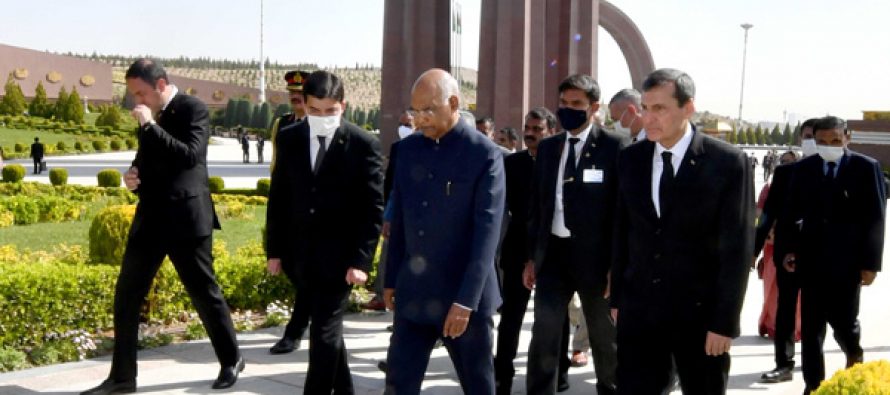The Centre on Thursday formed a committee for ‘One Nation, One Election’ under the leadership of former president Ramnath Kovind. BJP chief JP Nadda, in this regard, also met the former president at his residence.
Sources said on Friday that Kovind will explore the feasibility of the exercise and the mechanism to see as to how the country can go back to having simultaneous Lok Sabha and state assembly polls, as was the case till 1967. He is expected to speak to experts and may also consult leaders of different political parties, they said.
On Thursday, it was speculated that the central government may introduce the ‘One Nation, One Election’ bill during Parliament’s special session from September 18 to 22. Prime Minister Narendra Modi has been pushing this idea to hold assembly and general elections simultaneously. A move which will bring down the cost of holding elections and also save time for governance.
Since coming to power in 2014, Prime Minister Narendra Modi has been a strong votary for the idea of simultaneous polls, which include those at local bodies, citing financial burden caused by almost continuous election cycle and jolt to development work during the polling period.
Kovind too had echoed Modi’s view and expressed his support to the idea after becoming President in 2017. Addressing Parliament, he had said in 2018, “Frequent elections not only impose a huge burden on human resources but also impede the development process due to the promulgation of the model code of conduct.” Like Modi, he had called for a sustained debate and expressed hope that all political parties arrive at a consensus on this issue.
On National Voters’ Day in 2022, PM Modi had raised the issues of “one nation, one election” and “one nation, one voters’ list”, saying that continuous cycle of elections result in politics being seen in everything while development works suffer. Pushing for discussion on “one nation, one election” and “one nation, one voters’ list”, he said let different point of views emerge.
Assembly polls are due in five states in November-December and they will be followed by the Lok Sabha elections in May-June next year. However, the recent moves by the government have thrown open the possibility of advancing the general elections and some state polls, which are scheduled after and with the Lok Sabha contest.



